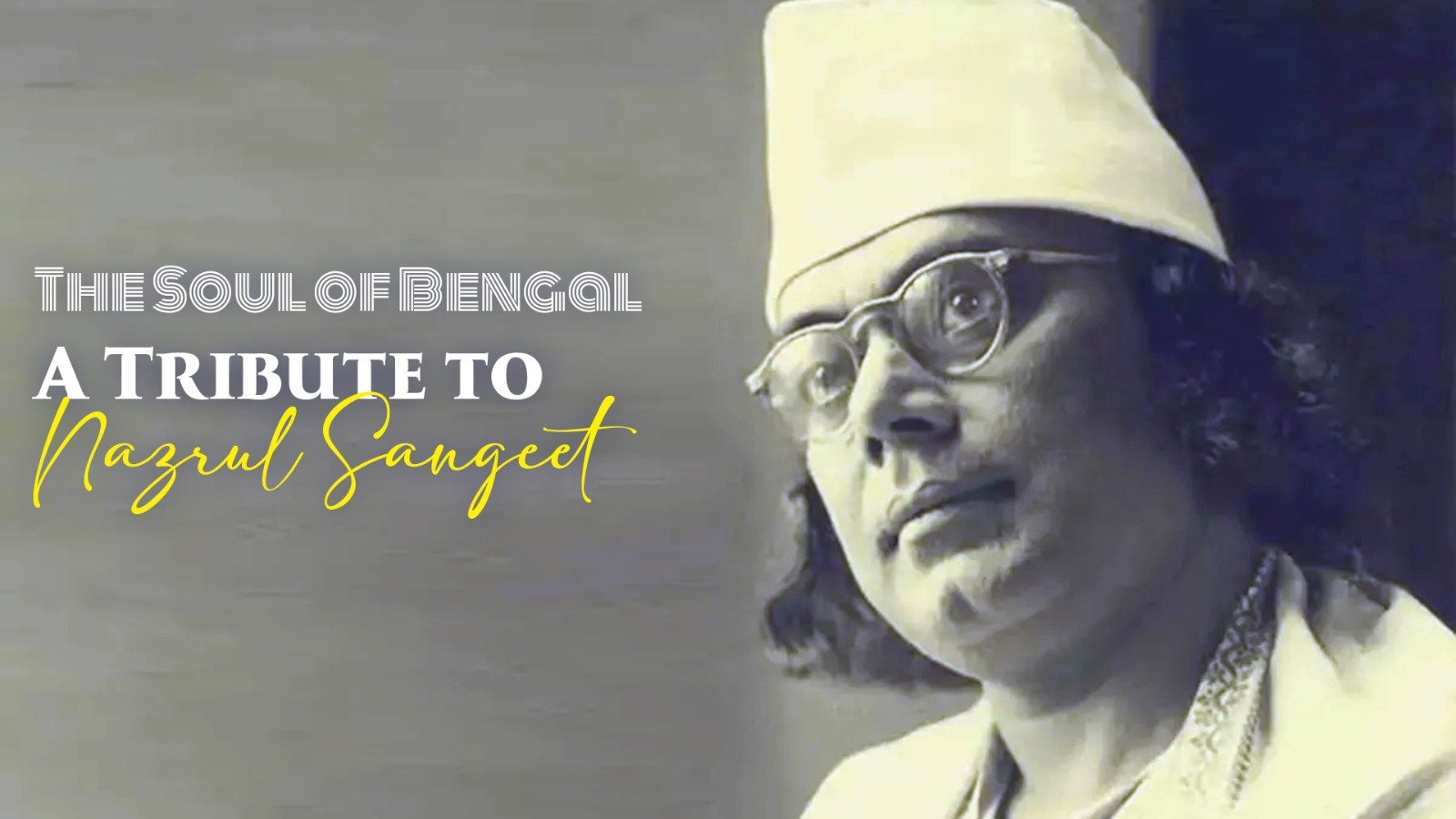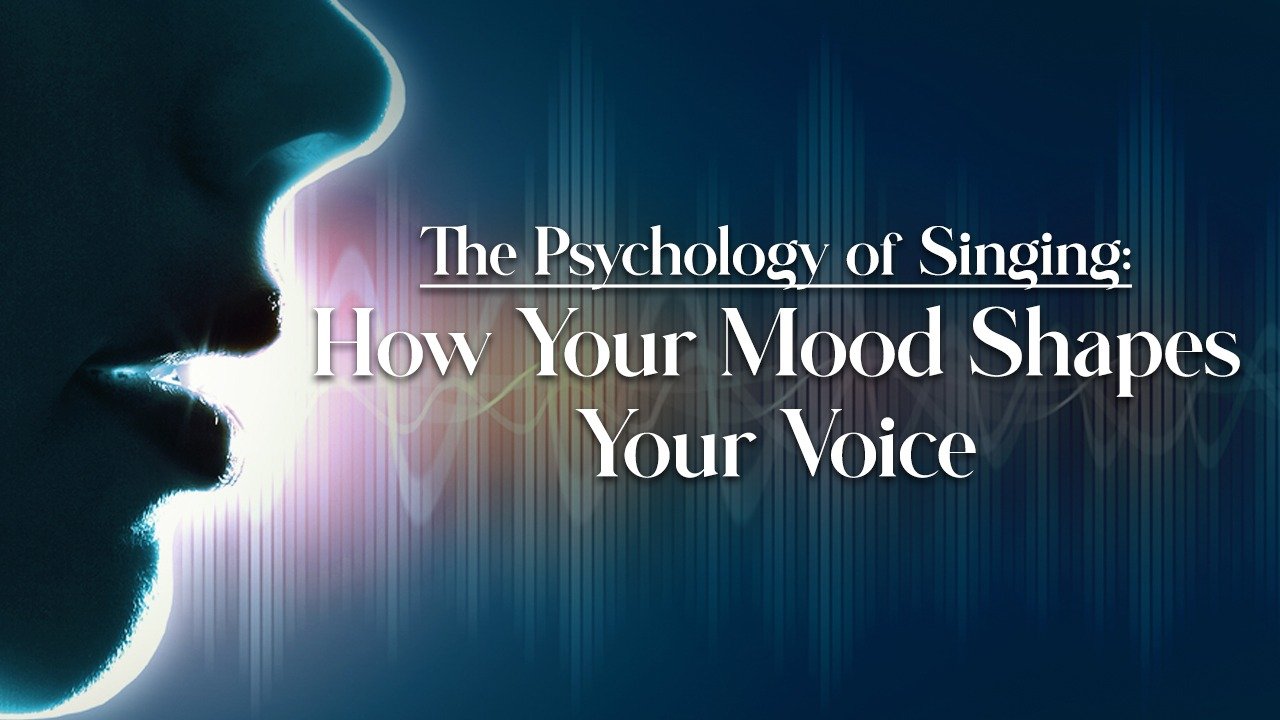The most common way one becomes involved with music is through listening to or attending a musical event. Listening at home on a CD player, in the car, on the computer, or on an iPod can be a very personal and fulfilling experience. Music, as we know, sets a mood and a vibe as we hear it in lounges, bars, parties, or other social events. Also, attending a concert is unique as it offers the excitement of hearing live musicians while providing the sound as it is meant to be heard (if it is acoustic music that is). Where else can one sit with other people, listen, and enjoy music in (relative) silence so that there are no distractions besides the music itself? Concert music is music that is not only pleasing to the ears and mind but also nurturing for the soul. It has been long said that music gives one an emotional response. Characters of varying degrees that are found in music, can affect one’s mood. Music can raise someone’s mood, get them excited, or make them calm and relaxed. Music also - and this is important - allows us to feel nearly or possibly all emotions that we experience in our lives. The possibilities are endless. One of the great things about music in general, and in particular concert music, is that playing it opens up a whole new world of experience that further enhances the mind, physical coordination, and expression. Music lovers, who are also amateur performers, may choose to play in community ensembles (orchestra, band, choir), take lessons, perform with others, compose, and nearly anything else a professional musician may do, while maintaining their regular lives. All of this involves intense physical coordination in performing an instrument alone or with others while reading musical notation, and adding delicate or strong nuanced changes to the music that only a performer can bring. In general, to an amateur musician, music can provide an escape from everyday life or an alternative means of expressing one's own capabilities. It is an important part of their lives and fills a need or an urge to create music. In all levels of education, music has immense worth. Students learn many important and necessary values for life as music enhances their mind, their expressive ability, and a whole host of other qualities. Learning to read music is learning a different language with abstract sonic meaning. One not only has to comprehend and decipher unique symbols on a page, but one also has to know how to execute them and execute them well. Learning music also learn how to develop a critical ear. With a critical ear, one will know how to practice, rehearse, analyze, and critique music performance. Also, performing music encompasses playing with others, as well as alone, which both necessitate certain skills. Also one can also learn tremendously from studying and analyzing music, composing, reading about music, understanding the history of music and its association with historical and current trends, and knowing what to listen for in music. Students of music – whether it be at the elementary, middle school, high school, collegiate level, or through self-study – learn self-discipline, expression through sound, enhance technical motor skills, further develop problem-solving skills, learn how to cooperate and collaborate with others, and learn how to ignite the creative and critical mind. Most importantly, the student can come away understanding that music offers all those qualities in addition to the enjoyment of listening casually or with great attention. Anyone who is educated in music learns these skills whether they know it or not. People who do not make a career in music but have studied it will take these skills and apply them to their everyday lives and career.
MUSIC IS THE SOUL
Jesica Sen
||
Post On > Feb 15 2023 ||






